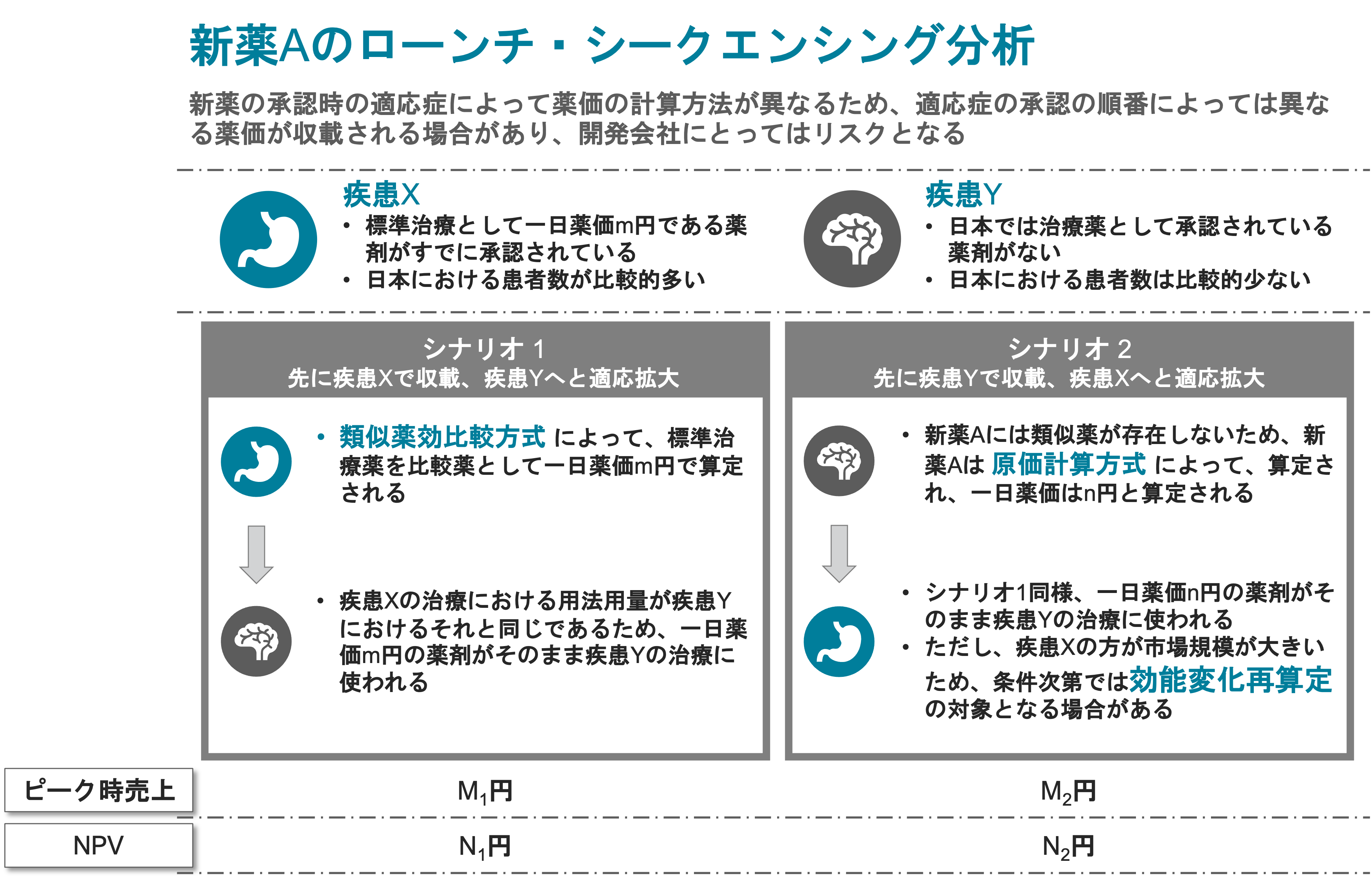The Constitution as a Commitment Device and its Limits
Although I studied law when I was in undergrad, I should not say that I am an expert on it. Japanese collage education only by itself is mostly not enough to rear a cutting edge expert. In the sector of social science, especially the faculty of law is usually positioned as a place which graduates are more generalist than they are an expert. Unlike the US, law school graduates are not automatically considered as lawyers but they have to go post grad schools and pass a tough exam to become a full-fledged legal professional. This in return puts the undergrad school a little bit in the middle.
However, that does not mean that I have no interest in jurisprudence (in fact I studied it for five consecutive years!). Here I am trying to discuss about the potential amendment in our Constitution, given the results of the latest election of the Upper House. At the beginning I should make my position clear; I am pro to any amendments, not only but certainly including the 9th Clause. For those who are not familiar with the Japanese Constitution (even though very recently Joe Biden told that it was the US that had written it) the 9th Clause declares that Japan should pursue peace and therefore will not possess any army forces as well as armaments forever.
While it is important that we prepare laws prior to any exercise of power, any law including the constitution is merely a description of a set of rules. Turkish president Mr. Recep Tayyip Erdogan is allegedly trying to re-introduce death penalty to punish the coup leaders retroactively, which is clearly a violation of the principle of legality and cannot be tolerated.
One of the main objectives of a constitution is to restrain state power. Governments can stampede in the direction against national and people’s interest, a prominent example being resort to warfare against other countries. War can happen in a situation when nobody in the country is looking for it, and in order not to make that happen there should be some sorts of safety valves in place. The Japanese Constitution has that mechanism built in as the declaration of the pursuit of peace.
Any law including the constitution is actually implemented and enforced by state power, therefore when we talk about the constitution trying to limit state power, what happens in fact is that state powers conflict internally. What does that mean that powers cause internal conflicts? It sounds a bit strange. But the powers that are conflicting are those in the past and present. Let me try to explain.
After WWII, on the reflection that Japan was responsible as pulling the direct trigger to the World War, the Japanese government decided to make sure that something like that will never happen again. However, under different conditions, Japan may once again resort to warfare at any time in the future. The whole idea was that declaring peace in the constitution may work to prevent Japan from going to that direction. In behavioral economics we call something like this a commitment device.
So the declaration of peace in the constitution was an approach to watch and surveil the government beyond time. Yet common sense tells us that this approach has limitations. If Prime Minister Abe seriously wants to attack another country with force, the constitution is not enough to avoid him from doing so. Even if the past Prime Ministers at the time when the constitution was published all gather together and try to stop him, they effectively have no political power (and of course they have all passed away).
Therefore the constitution itself does not have the ultimate power to prevent our country from exercising state power and resorting to warfare. What embodies this preventive power is the people. If the all citizens in Japan keep on telling NO to the government it can never get into war. On the contrary, if all Japanese people desire war, there will be nothing to stop it from happening. It was not Hitler as a person but nationalism at that time in Germany that caused the WWII.
Reliance to the constitution shows that we are not putting the right amount of confidence on our government as well as onto ourselves about the ability to review what our government is doing. We should be proud of the power of our democracy. We should not depend on such a conceptual institution in making decisions about our future.
Language of the Constitution should be flexible enough to meet the fast changing environment. Rules are just rules and not more than that. The goals, things that we think we really need, should come first and rules should always be secondary. Recent discussions around the 9th clause makes me uncomfortable as those obstructionists who are calling for conserving the “Peace Constitution” or claiming that they are “Not Allowing Abe” to change anything appears to me that they are severely myopic. Wasn’t this very myopia the actual cause of Japan moving towards WWII? They should start thinking about what a true and effective democracy is. And I think there is a global trend at the moment that people are somehow forgetting the real value of democracy, which puts us on a politically riskier situation.

